Natalie asks:
Do you have any more Konglish experiences you could write about? Or is does this not happen too often anymore?
It still happens, but not as much with my husband. My husband is really aware of what is Konglish and what is English. This happened earlier in the relationship though:
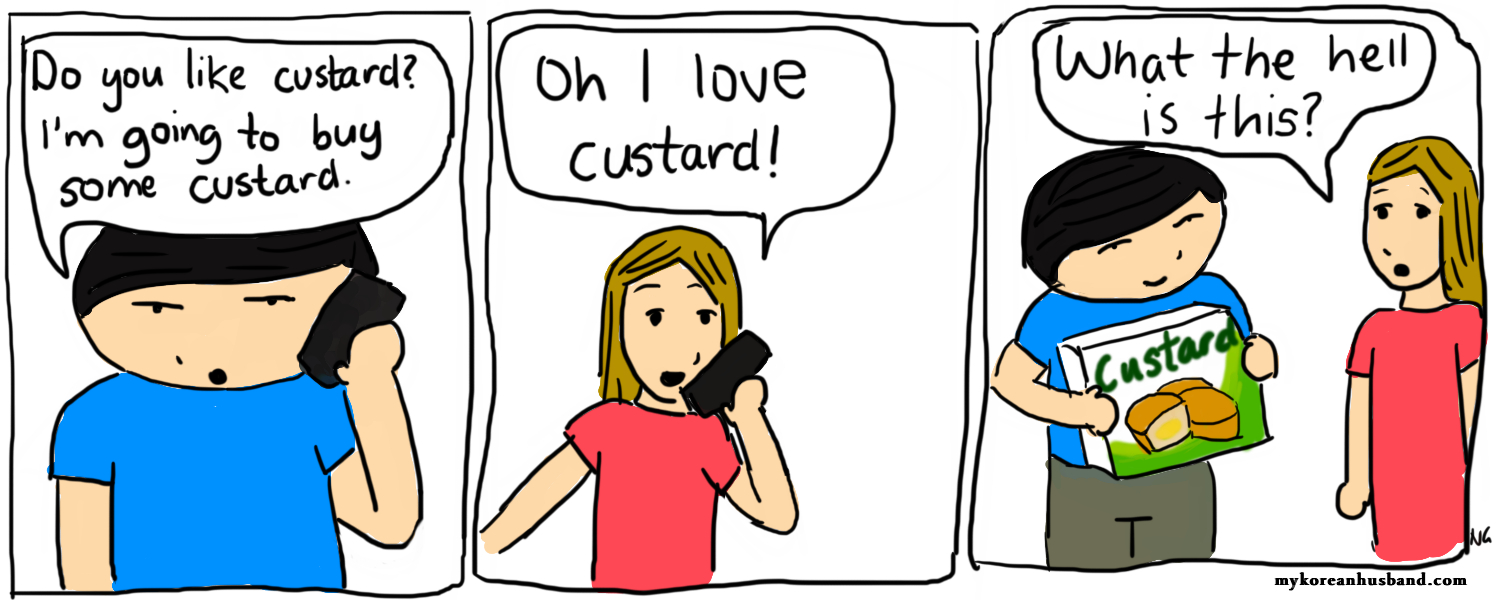 So when I think of custard I think of delicious custard that is a LIQUID usually to be poured over desserts, but I do enjoy it by itself too. Home made or store bought- I don’t care, I love it all. I do not love what Koreans consider to be custard though. Technically on the box it says something like “custard cream cakes” and they are cakes with some vague resemblance of custard in the centre but my husband called it just ‘custard’. Custard is one of my all time favourite foods so needless to say I was a bit disappointed when he showed up with that. It’s the thought that counts though.
So when I think of custard I think of delicious custard that is a LIQUID usually to be poured over desserts, but I do enjoy it by itself too. Home made or store bought- I don’t care, I love it all. I do not love what Koreans consider to be custard though. Technically on the box it says something like “custard cream cakes” and they are cakes with some vague resemblance of custard in the centre but my husband called it just ‘custard’. Custard is one of my all time favourite foods so needless to say I was a bit disappointed when he showed up with that. It’s the thought that counts though.
It does happen a bit where an English name for a food is used in Korea and the meaning changes a bit. Like the way Koreans use the name “Cream Pasta” instead of having specific names for pasta. It’s not exactly wrong, but not exactly right either.
So while my husband doesn’t have much trouble with Konglish now, it still comes up all the time with Korean friends. I think a big reason why this is a problem is because in Korea English is just not taught well in most schools in Korea. They should spend more time teaching the difference between English and Konglish instead of just getting students cramming for exams. There is nothing wrong with Konglish- some of it is so inventive – but unfortunately it can cause problems for Koreans tying to speak English to native English speakers.
Adele, who was in the previous comic, was asking me for something today. She kept saying, “Name pen! Name pen!” I had a vague idea of what she wanted but wasn’t exactly sure and I knew she didn’t just want a normal pen. Turns out she wanted a permanent marker. But she didn’t know that name, only the Konglish one and she got more and more frustrated when I couldn’t understand exactly. There are different names for a permanent marker in English, here in Australia we might say ‘texta’ or ‘laundry marker’ or variations, but I’d also understand American names like the brand name ‘Sharpie’ as well. But Adele’s attempts were just too far from one of the real English names. The funny thing is I actually found a Korean permanent marker in our apartment AND it actually says “Name pen” on it. No wonder Adele thought that was the right English.
Other Konglish that has popped up lately is ‘one piece’ which in Konglish means a dress, but would probably refer to the full piece swimsuit in English.
Skinship is another one and it usually needs a longer explanation. In Korea skinship refers to the point in a relationship where there is physical contact (hand holding etc). Most Koreans I’ve met (and I mean Koreans who have spent all their life in Korea) assume skinship is English and will use it in English conversation which no doubt confuses people who don’t know any Konglish. When they discover it’s not English they ask what the word is in English… but there isn’t really one. Some type of physical contact early in a relationship in Western culture isn’t a big deal and it’s normal to hold hands or kiss before actually officially being in a relationship so I guess we don’t need to label that.
I don’t mean to be too critical about Konglish. I love a lot of Konglish and use a bit myself. It just causes some confusion sometimes.
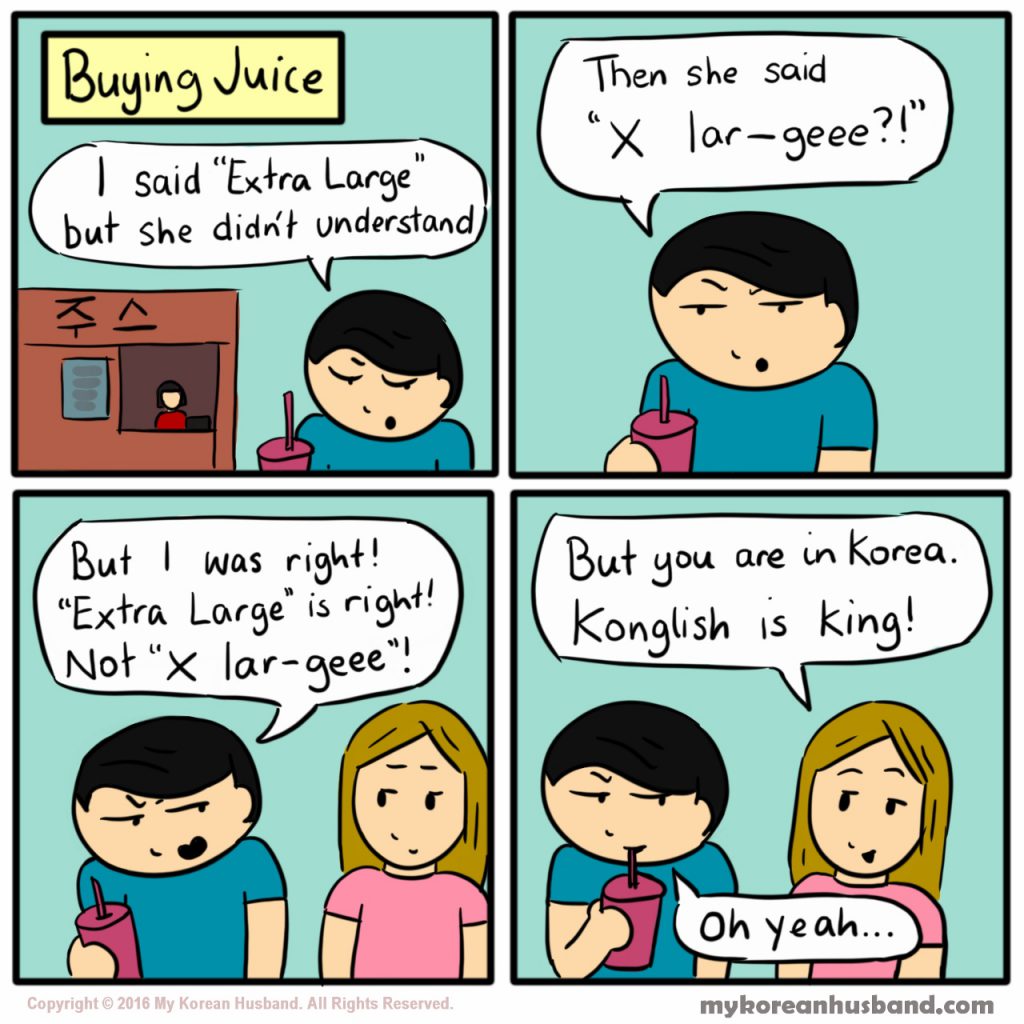
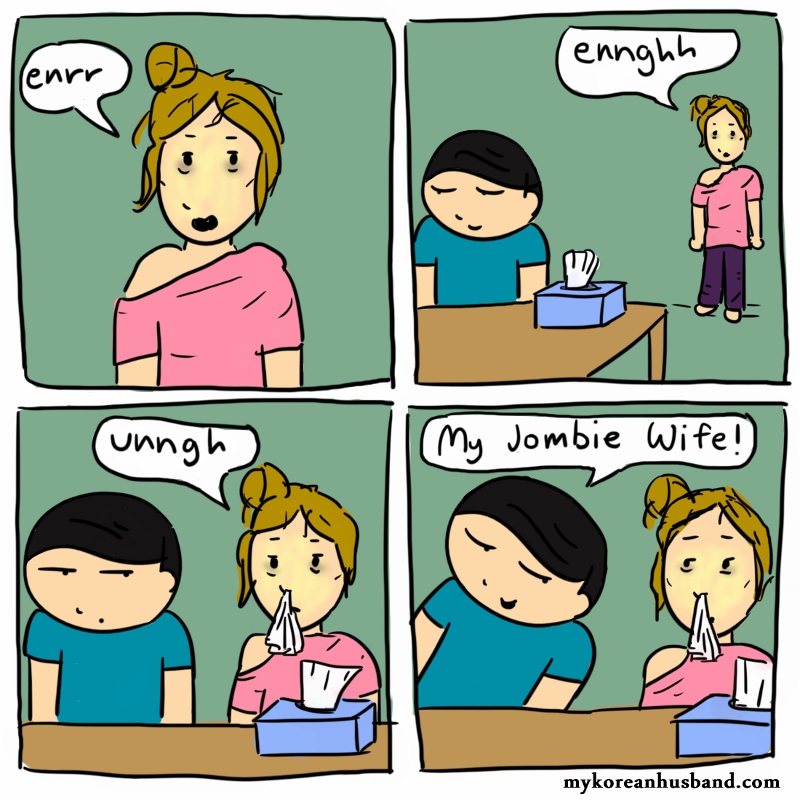
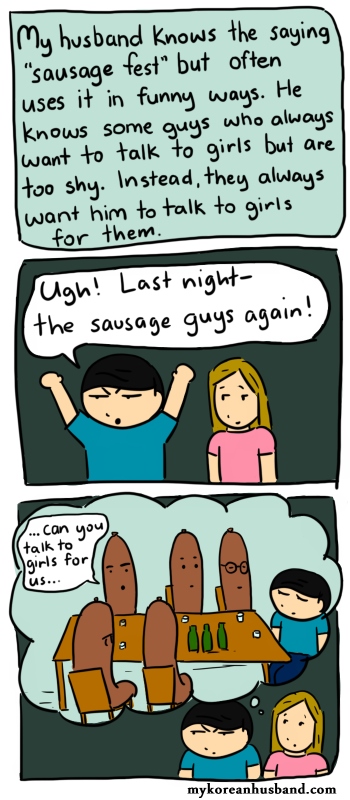

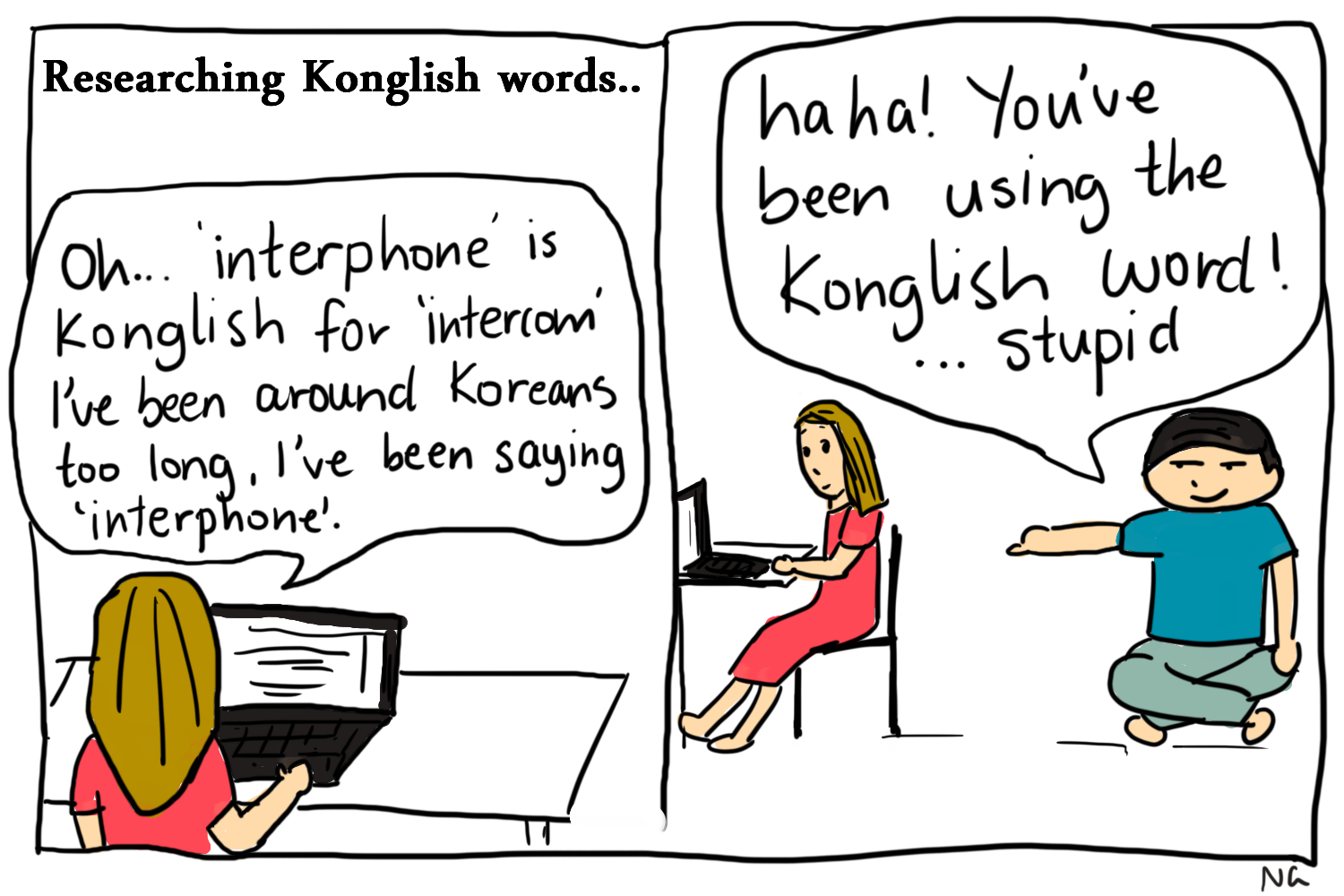
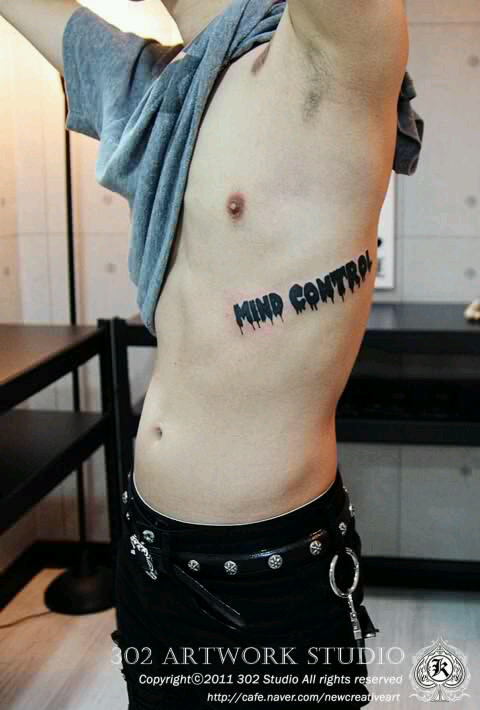
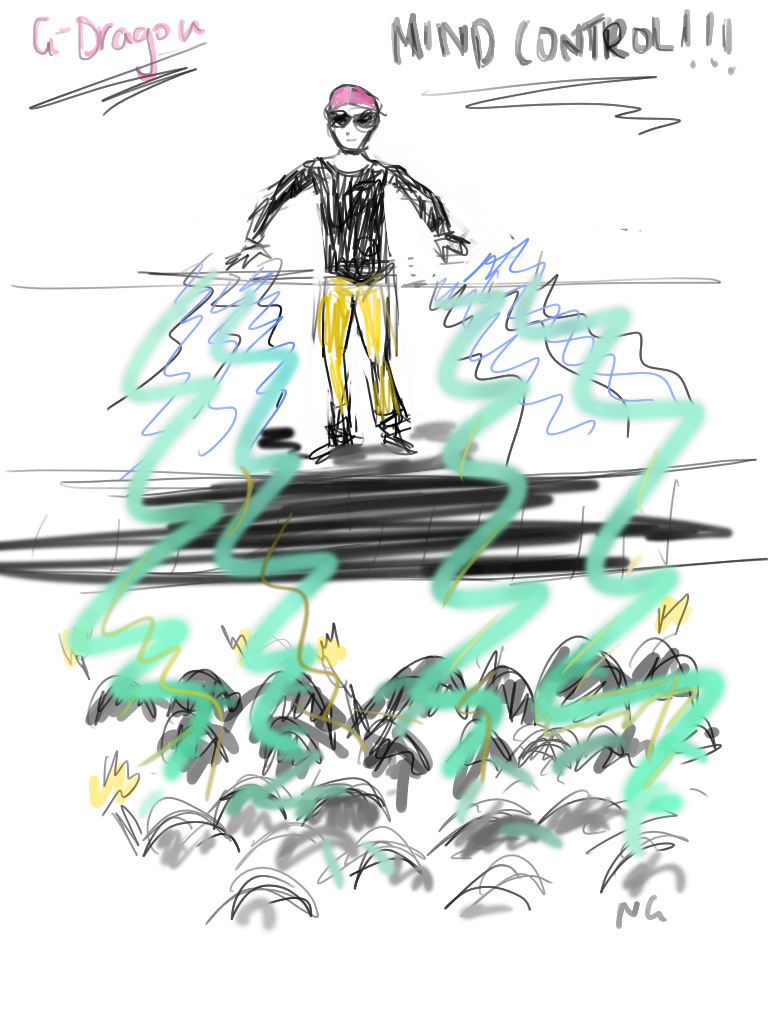

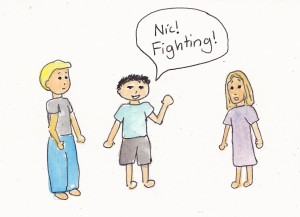
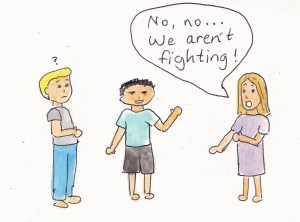

Recent Comments